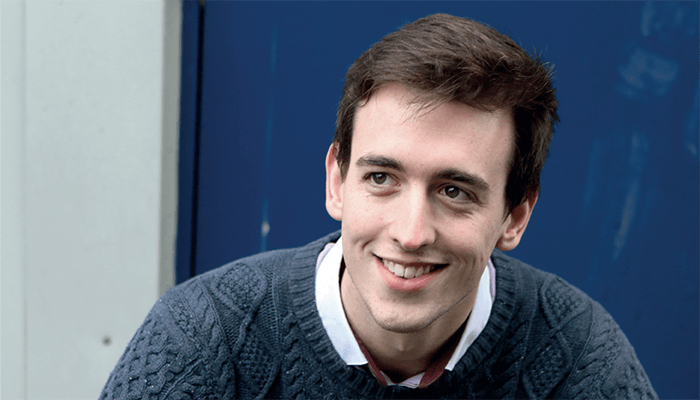Those of you who have fantasized about hiring an assistant to draft your emails, grant proposals, and lecture notes – or at least provide you with a decent starting template – may be in luck. Generative AI is here. And I begrudgingly admit that it looks pretty good for some basic tasks.
As for helping solve actual analytical problems? Well, I asked ChatGPT for a practical example: “if an analytical scientist is struggling to reduce heavy metal contaminants in a water purification process using ion exchange and adsorption methods, ChatGPT can analyze the situation and suggest a solution based on its knowledge of past successful cases,” it said. “This could include suggesting the use of a combination of nanofiltration and electrocoagulation, which has been effective in removing heavy metal contaminants in other purification processes.”
There seems to be some promise, but ChatGPT cannot currently generate references for its claims. And it hasn’t been trained on much post-2021 – or indeed any paywalled peer-reviewed data at all. So, there are hurdles to overcome before scientists could use these tools to generate new hypotheses or assist with literature reviews.
But what about us at The Analytical Scientist? One can imagine a tsunami of possibly accurate but possibly dry AI-generated articles flooding the internet. Will that devalue content across the board?
This question (coupled with hopefully tongue-in-cheek comments from launch editor Rich Whitworth about me “not ruining The Analytical Scientist now that we’ve hit our 10th birthday”) got me thinking carefully about what we are trying to achieve. Fundamentally – whether looking back or looking forward – we’re all about bringing the analytical science community together. We try to find out how experts feel about trends, what advice or anecdotes they can offer, why they love doing what they do, and what keeps them up at night. Certainly, we want to keep you all abreast of what’s happening across the field, but we aim to do that in a very human way.
So, until a robot can connect with people on a personal level, mingle during a conference break, or develop intuition for when to probe and how to decide upon that all-important unscripted final question during an interview, I’m confident we can keep our head above water.





